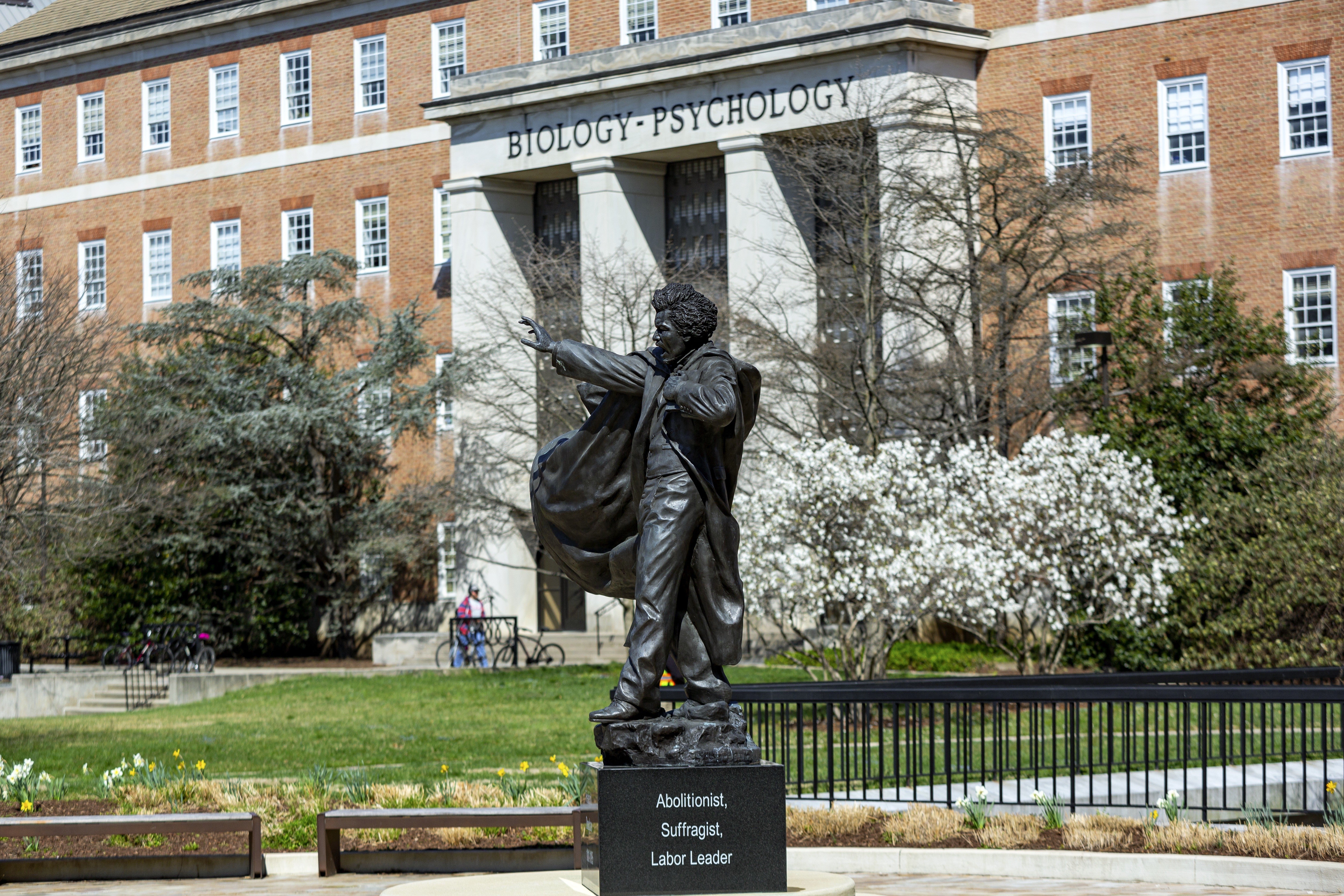About
The Maryland Democracy Initiative grows the capacity of all people for a lifetime of civic participation in service to a fairer and more just society. We accomplish this through innovative, interdisciplinary, community-centered research, teaching, learning, and civic engagement.
The Initiative combines and leverages the skills of its four core colleges and Maryland’s public, land-grant university. Our work prioritizes best practices and innovations in helping grow people’s capacity for effective civic engagement. In doing so, we meet people where they are at all stages of life, with a continuing eye on where technology and behavior are moving. We concentrate on areas of need not addressed elsewhere. We focus on work that is scalable and replicable to maximize our impact.

Where We Begin
We start with the hypothesis, based on research and the knowledge of our fields, that people require five capacities to participate in a healthy democracy. The capacities are:
- Civic Competence: This includes a grasp of the skills needed to participate in civic life, skills gained in school, at home and throughout life.
- Knowledge: This includes awareness of current events, an understanding of history and familiarity with the systems, strategies and principles of how our democratic republic works.
- Opportunity: This includes the opportunity to vote, to voice one’s opinion, and to participate in civic life in a myriad of other ways – and ensuring that these opportunities are not denied or made all but impossible to access.
- Agency: This includes a feeling that one can make a difference, that one should participate. Without it, a person might have knowledge and skills and still believe the system is so stacked against them or unfair that their participation doesn’t matter.
- Respect: This includes an appreciation for democratic institutions, for the democratic process, for the rights and opinions of other people, and belief in working for the common good.
Confident in the future of American democracy, we draw knowledge and inspiration from the past, including the example of Maryland native Frederick Douglass—journalist, statesman, and champion of education. We move forward with an urgent calling: strengthening democracy for all is a Grand Challenge of our time.
Democracy has to be born anew every generation, and education is its midwife.

